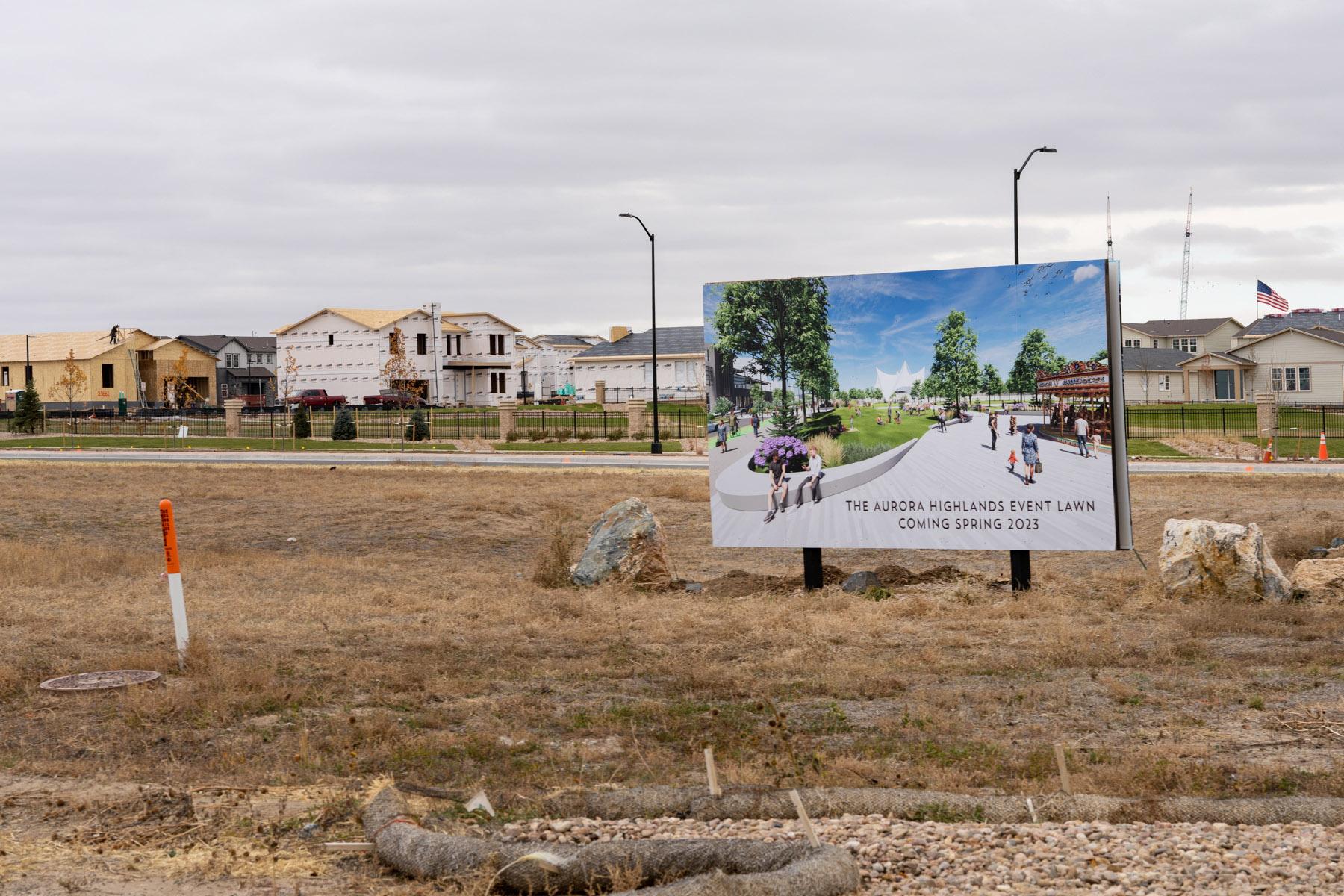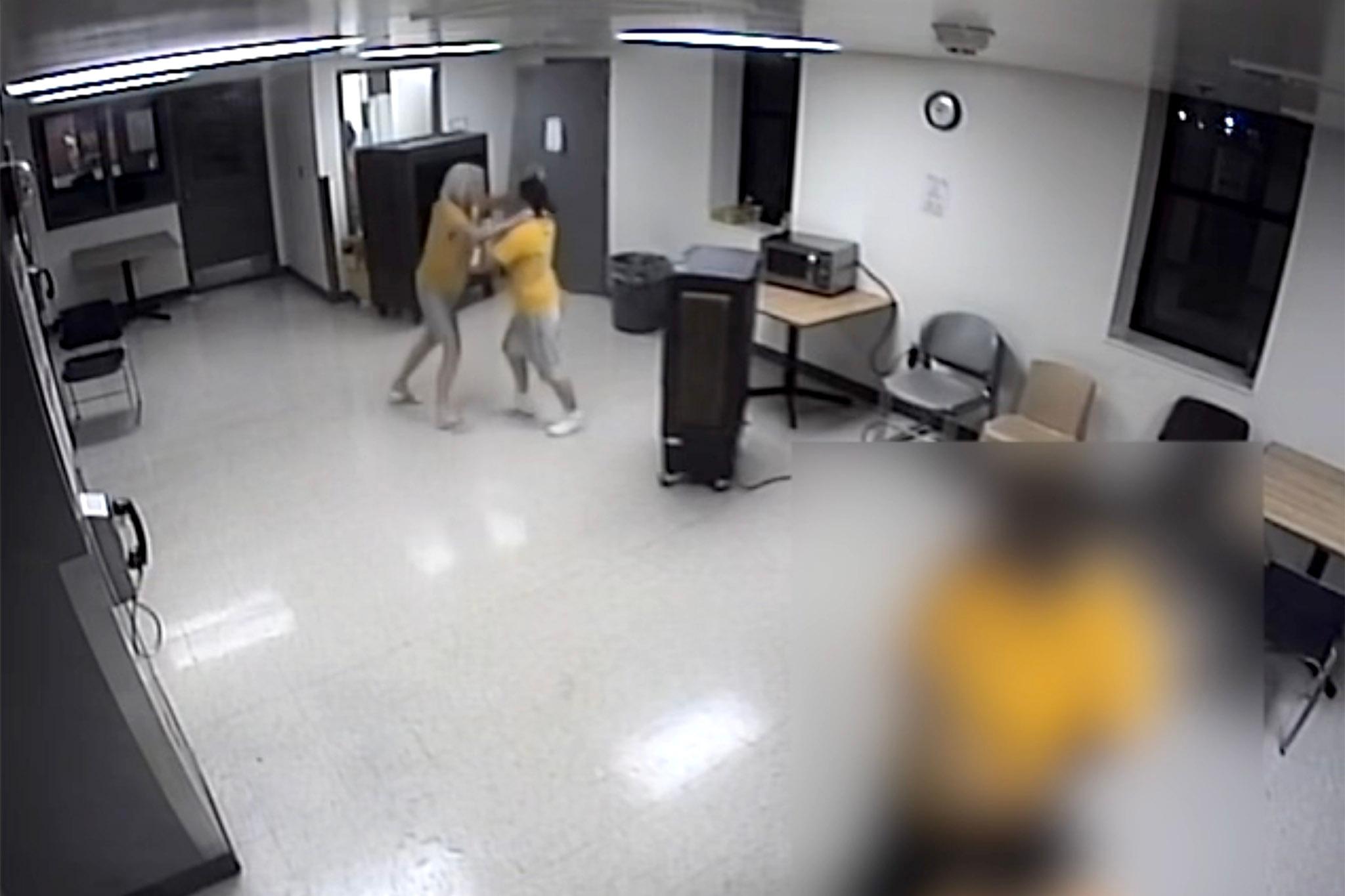
Colorado has named more than a dozen cities that are out of compliance with state housing policies and potentially at risk of losing millions of dollars in state grants.
This follows an executive order Polis signed on May 16 ordering departments to shut off some state grants to cities and counties that aren’t following laws that could pave the way for denser residential development. The money at stake includes discretionary grants or loans for housing development, land use, transportation, infrastructure, historic preservation, mixed-use incentives, conservation, energy and climate efforts.
The Colorado Department of Local Affairs said there’s generally a high rate of compliance with policies, including by Denver and Colorado Springs. But it also notes some communities are disregarding one or more recent laws.
According to the state, the following communities haven’t implemented a law that requires them to allow denser housing development near transit: Arvada, Aurora, Centennial, Cherry Hills Village, Glendale, Greenwood Village, Lafayette, Lone Tree, Thornton and Westminster.
A statewide law requiring communities allow homeowners to build auxiliary dwelling units, known as ADUs, on their property isn’t being followed by Arvada, Aurora, Castle Pines, Centennial, Cherry Hills Village, Glendale, Greenwood Village, Lone Tree, Thornton, Firestone, Palmer Lake, and Parker.
Polis set October 6 as the deadline for cities to bring their zoning in alignment with state law, or risk losing out on $280 million in grants across 34 different funding streams.
“This is Colorado taxpayer money. We want to make sure that it's going to areas that are fundamentally pro housing and are not kind of just rowing upstream and getting less housing,” said the governor in an interview over the summer. The laws he’s highlighting are intended to increase the overall supply of housing available, as well as the variety of homes being built, in an effort to improve people’s options and make living in the state less expensive.
On Tuesday, DOLA Executive Director Maria De Cambra told CPR News communities not in compliance can still apply for that state money, but it will make them less competitive.
“That is a factor in our scoring,” said De Cambra. “At the same time, you know, our grants are very competitive.”
Polis’ efforts to push state-level housing policies has been a contentious issue. Six “home rule” cities are suing the state, alleging it has unconstitutionally usurped their local authority over land use and zoning.
The lawsuit challenges the constitutionality of the governor’s executive order to withhold some state grants from local communities if they fail to implement particular housing laws. The cities say the order encroaches on the powers of both the General Assembly and the judiciary to say what the law is and goes “beyond the Governor’s authority.”
“I honestly never thought I would see the day that all the great work DOLA does helping all local governments would be overshadowed by referring to partners as ‘subject jurisdictions’ and weaponizing the department against home rule authority and local decision-making,” said Kevin Bommer, executive director of the Colorado Municipal League.
De Cambra said the state is committed to working with local governments to address the housing shortfall.
“Anyone that wants to work with us to come to compliance, we look forward to continue working with them.”
She added that she was pleased at the high number of communities that are voluntarily in compliance with the various laws. Most of the laws only apply to denser parts of the state along the Front Range, not rural areas or mountain communities.
“I think what the data is showing is how committed our local governments are to continue to provide housing options that are more affordable,” she said.
A lot of the policies covered by the executive order don’t have reporting requirements and the state is assuming communities are in compliance, unless evidence proves otherwise.
Other laws covered by Polis’ executive order require local governments to investigate and report on their unmet housing needs regularly, end policies that limit how many unrelated people can live together eliminate minimum parking requirements for new construction near transit hubs, and allow smaller apartment buildings to be built with a single staircase, instead of the two.








